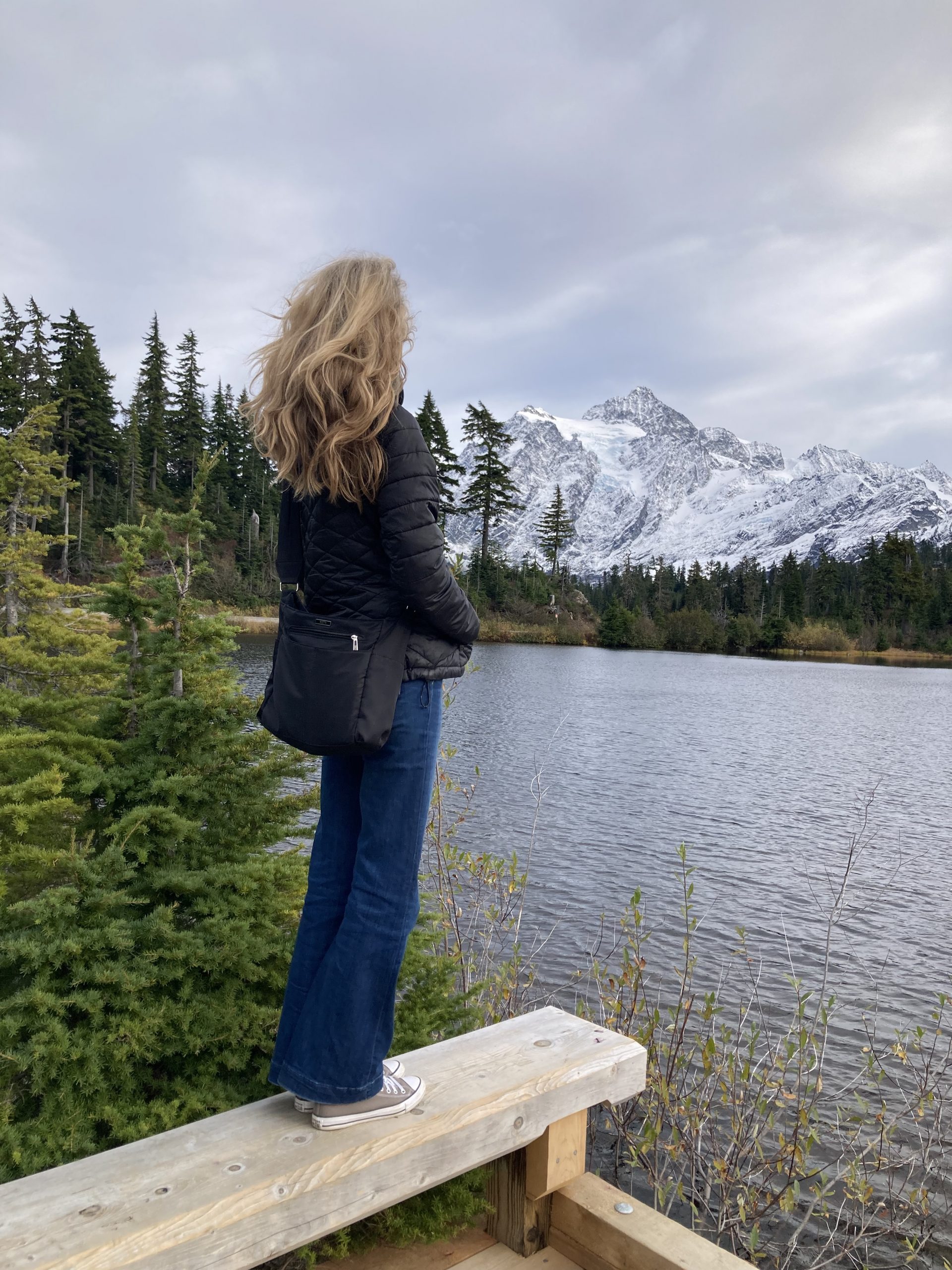This post is part of the Meet the ETCL Team series, which introduces the wonderful people who work in the lab and who have worked with us in the past.
Stephanie Posthumus is an Associate Professor in the Department of Languages, Literatures, and Cultures at McGill University in Montreal, Quebec, where she teaches comparative literature, literary and critical theories, animal studies, and eco-fiction. Currently a visiting scholar in the lab, she is working on projects related to open social scholarship. She was introduced to the lab by Ray Siemens, whom she knew through her late husband, Stéfan Sinclair, a prominent scholar in digital humanities. The lab’s open scholarship model drew her interest as it provides opportunities to move beyond traditional publishing models and explore alternative dissemination methods.
 In the lab, Stephanie is developing the Digital Environmental Humanities (DEH) website (www.dig-eh.org) with the goal of making this field more visible to academics and the general public. DEH seeks to bring digital expertise in mapping, storytelling, text analysis and visualization, into dialogue with the ecological concerns of the environmental humanities. The website features an overview of DEH projects categorized into themes like urban environment as data, reimagining landscapes, traditional ecological knowledge, and environmental stories. Future updates will include one-minute videos of colleagues discussing DEH and curated blog posts on timely topics, such as the role of AI in environmental humanities research.
In the lab, Stephanie is developing the Digital Environmental Humanities (DEH) website (www.dig-eh.org) with the goal of making this field more visible to academics and the general public. DEH seeks to bring digital expertise in mapping, storytelling, text analysis and visualization, into dialogue with the ecological concerns of the environmental humanities. The website features an overview of DEH projects categorized into themes like urban environment as data, reimagining landscapes, traditional ecological knowledge, and environmental stories. Future updates will include one-minute videos of colleagues discussing DEH and curated blog posts on timely topics, such as the role of AI in environmental humanities research.
Stephanie loves to read, watch and listen to content related to climate change, extinction, sustainability and green futures. She has read a lot of climate fiction by authors like Kim Stanley Robinson, Paolo Bacigalupi, and Nathaniel Rich. After discovering Black feminist science fiction writer Octavia Butler, she revisited her work and expanded her interests to younger authors like N.K. Jemisin, Rivers Solomon, and Nnedi Okorafor. Stephanie is also an avid fan of post-apocalyptic TV series, including Altered Carbon, Better Than Us, Her, and Ex Machina. For mindfulness, spirituality, and Buddhism, she listens to podcasts such as Krista Tippett’s On Being and Dan Harris’s 10% Happier.
Outside of her professional work and literary interests, Stephanie enjoys hiking and has been exploring trails around Victoria, including Mount Work, Mount Finlayson, Mount Douglas, and the East Sooke Regional Coast Trail. While gardening is another favorite pastime, her year-long sabbatical in Victoria has limited her ability to start a garden. Instead, she has been learning about local flora and mushrooms through books on the Pacific Northwest, gradually identifying the plants and fungi she encounters along the trails.
As for her favourite and most essential tools, Stephanie credits her hands and feet for work and recreation (even if they are not technically understood as tools!) From a more digital perspective, she is also grateful for iMessage, which allows her to stay connected with friends and family scattered across Canada. As a bilingual French-English speaker, she also relies on Antidote, a French language grammar checker, dictionary, thesaurus, and guide, first created in 1996 by the Quebecois company Druide informatique. On a more academic note, she often integrates SCALAR (https://scalar.me/anvc/scalar/), developed by the Alliance for Networking Visualization, into her classes so that students have an option of presenting their final research in a form other than the traditional essay. SCALAR allows students to create multimedia content in a less linear format as well as annotate each other’s online projects.


